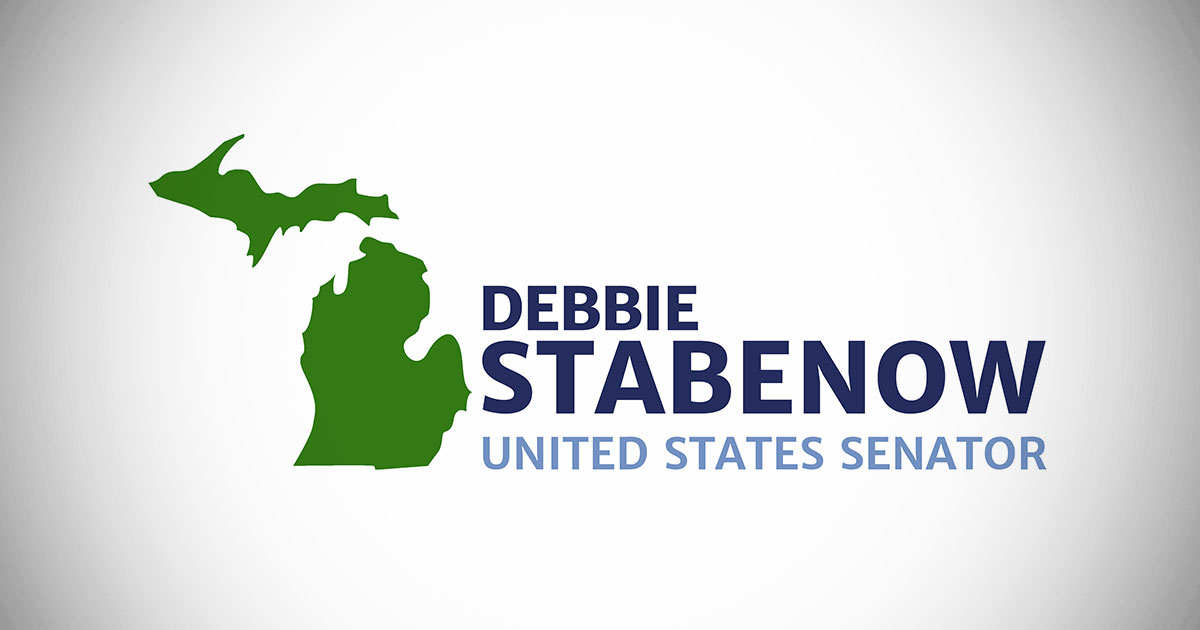Source: United States Senator for Michigan Debbie Stabenow 2
Bill Would Provide Federal Funding to Hire Additional School-Based Mental Health Providers, Require Development of Best Practices for Schools Returning to Learning After a Shooting & Further Research on the Mental Health Impact of School Gun Violence on Students
Wednesday, March 16, 2022
WASHINGTON, DC – U.S. Senators Debbie Stabenow (MI) and Gary Peters (MI) today announced their introduction of legislation to expand federal mental health resources to support students in the aftermath of violent and traumatic events – such as school shootings like the tragic shooting at Oxford High School in November.
The Help Education After Loss (HEAL) Act would strengthen support from the federal government for schools across the country, allowing schools affected by shootings to receive federal grants to enable them to hire additional school-based mental health providers such as counselors, psychologists, and social workers. The bill would also direct the U.S. Department of Education (ED) and U.S. Department of Health and Human Services (HHS) to conduct a joint study evaluating how violent and traumatic events can affect students’ mental health, and the potential risk they face for developing chronic psychiatric disorders. Lastly, the bill would require the Department of Education and HHS to develop best practices for schools that are returning to learning after experiencing a crisis. This bill was developed in coordination with Oakland Schools.
“The mental needs of adults and children who have experienced trauma from violence are unique and urgent. The community of Oxford experienced this kind of trauma when the High School community was shattered by unspeakable violence,” said Senator Stabenow. “This bill will ensure that students in Oxford and others schools across our country receive the critical services they need.”
“No student should have to live through the fear, pain and grief caused by gun violence in schools – let alone struggle with the mental health effects in the aftermath of school shootings. Sadly, there continue to be school shootings, and it’s clear that more can be done to provide federal resources to these schools. We must ensure that students, school staff, and families in Michigan and communities across the country affected by tragedy have the support they need when they are experiencing this unimaginable trauma,” said Senator Peters. “This commonsense bill would help expand needed mental health resources at schools.”
“Gun violence in schools is an unacceptable, preventable tragedy. Far too many communities, including our neighbors in Oxford, know the unimaginable pain of school shootings, and we all have to act to ensure that school is a safe place where kids can learn and teachers and staff can stay focused on empowering their students. As a parent, I am grateful to Michigan’s own Senators Peters and Stabenow for introducing this bill to help schools hire more on-campus mental health professionals, research the mental health impact of gun violence, and keep all of our children safe,” said Governor Gretchen Whitmer. “This bill would ensure children can get the mental health support they need at school.”
“Our mission is to provide visionary leadership and quality services to strengthen teaching and learning for all citizens,” said Oakland Schools Superintendent Dr. Wanda Cook-Robinson. “We appreciate Senator Peters and Senator Stabenow for introducing legislation to help protect the health and well-being of all students. The HEAL Act offers a direct response to our children and schools that have been impacted by trauma.”
“When school communities experience a violent tragedy, it is absolutely critical for all impacted to have access to comprehensive mental health care and support,” said National Association of School Psychologists President Dr. Laurie Klose. “School psychologists play a critical role in delivering short- and long-term interventions and responding to demonstrated psychological needs of those impacted by a crisis. The HEAL Act helps ensure no students go without the mental health care they need in the wake of a tragedy.”
Studies show that children exposed to violence, injury, and other potentially traumatic events are at risk for developing traumatic stress reactions. According to the National Center for PTSD, an estimated 28 percent of people who have witnessed a mass shooting develop PTSD, and one-third develop acute stress disorder. This type of impairment can have lasting effects on academic achievement, as well as the social and emotional growth of impacted students.
Research has also shown that youth with access to mental health services in school are 10 times more likely to seek care for mental health or substance abuse than youth without access. But according to the Education Trust, nearly 1 in 5 students do not have access to a counselor in their school at all, and many of those students have only limited access to other school support staff, such as school psychologists or social workers. The Help Education After Loss (HEAL) Act would help fund grants to increase specialists and licensed professionals in impacted schools to effectively support students, teachers, and school staff.
###
